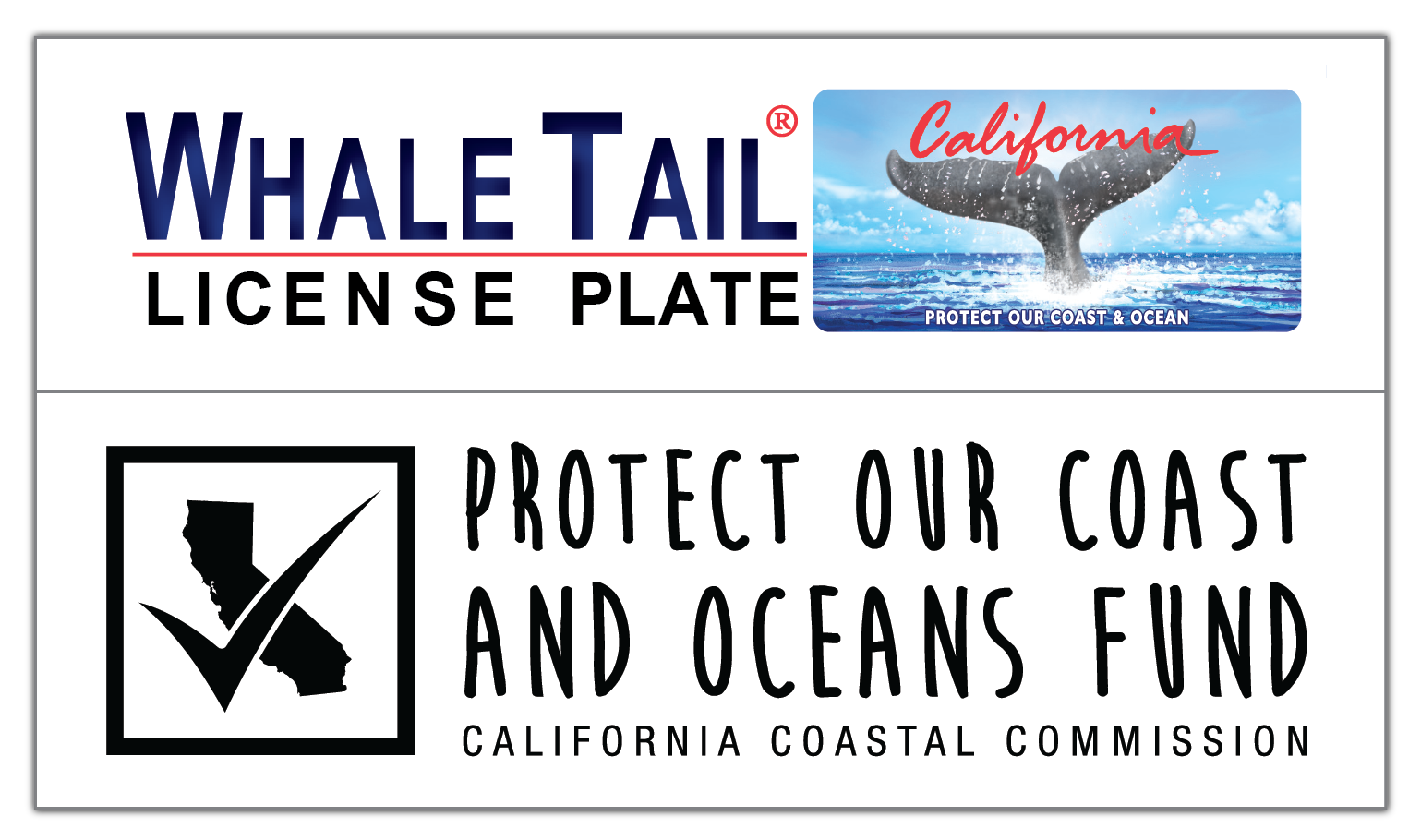The Coastal Commission staff received 125 grant applications, requesting over six times the amount of funding available. WHALE TAIL grants support projects that teach California's children and the general public to value and take action to improve the health of the state's marine and coastal resources. Since 1998, the Commission has awarded $12.8 million to nearly 700 projects!
POLAHS’ Sustainable Aquaculture program was designed and implemented two years ago by instructor Mr. Tim Dikdan, with support from Ms. Linda Chilton, USC Sea Grant Education Manager. The program was introduced with only one class period of 25 students. Today, it serves three class periods of up to 80 students. Classes are based upon experiential, hands-on learning; strategic community partnerships; and a researched-based curriculum bolstered by the mentorship of experts in the field.
POLAHS’ Sustainable Aquaculture program was designed and implemented two years ago by instructor Mr. Tim Dikdan, with support from Ms. Linda Chilton, USC Sea Grant Education Manager. The program was introduced with only one class period of 25 students. Today, it serves three class periods of up to 80 students. Classes are based upon experiential, hands-on learning; strategic community partnerships; and a researched-based curriculum bolstered by the mentorship of experts in the field.
In its pilot year, the program received a start-up grant from the Harbor Community Benefit Foundation (HCBF). The award covered the purchase of aquaculture aquariums and related equipment; and student trips to the USC Wrigley Institute on Catalina Island; Hubbs Sea World Research Institute (HSWRI); Carlsbad Seabass Hatchery; and National Oceanic and Atmospheric Administration (NOAA) La Jolla. Internships were also established with AltaSea at the Port of Los Angeles partner, Catalina Sea Ranch.
Currently, there are a limited number of individuals prepared to enter the growing aquaculture industry in Southern California. Local high schools and community colleges don’t offer programs to build aquaculture workforce skills, making POLAHS’ program the first of its kind. Over the next fiscal year, students in grades 10-12 wil develop the skills and knowledge to improve our coastal environment, make informed decisions as consumers, and pursue Aquaculture career pathways.
Students will build and manage aquaponics systems and aquaculture aquariums, and will be responsible for raising seabass; kelp; eelgrass; oysters; tilapia; coral; and brine shrimp. Kelp grown through the program will be outplanted to aid in coastal restoration efforts. The associated curriculum will cover topics such as the state of global fisheries; the history of aquaculture; the key elements of sustainable seafood aquaculture practices; toxicity and control; and food safety. Lastly, students will visit up to 10 industry sites and will develop Aquaculture business plans. “These efforts wouldn’t be possible without the California Coastal Commission, and POLAHS is an incredibly proud partner. In a short time, I’ve seen a shift in student awareness and interest in shoreline restoration and sustainable practices. I’m excited to see many more positive outcomes in the years ahead,” shared instructor Dikdan.
Funding for WHALE TAIL grants comes from two sources: sales and renewals of the California WHALE TAIL License Plate, and voluntary contributions to the “Protect Our Coast and Oceans Fund” on the state tax return form.
TWO WAYS YOU CAN HELP
1. Do you have a Whale Tail License Plate yet?
Visit ecoplates.com and order yours today!
2. Protect our Coast & Oceans on your California tax form! When filing your taxes now through April 15th, you can simply check the “Protect Our Coast & Oceans” fund (#424) in the voluntary contributions section, and write in an amount that works for you. Find out more at Checkthecoast.org.
